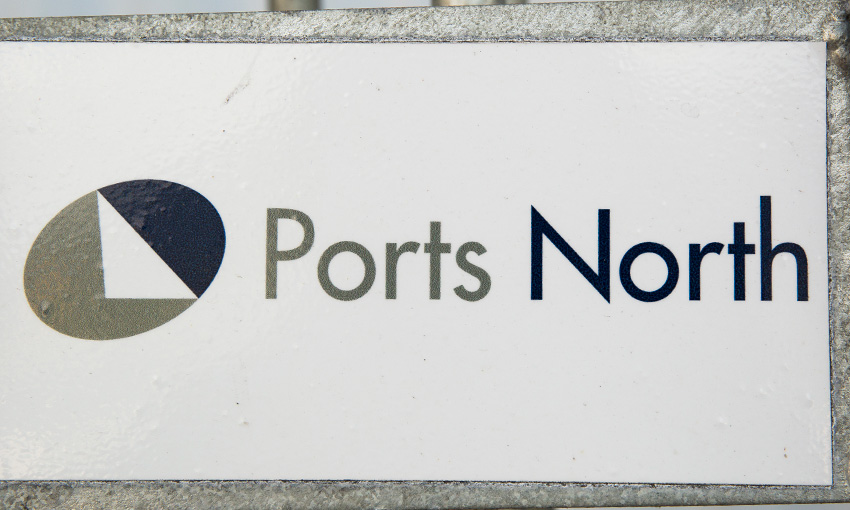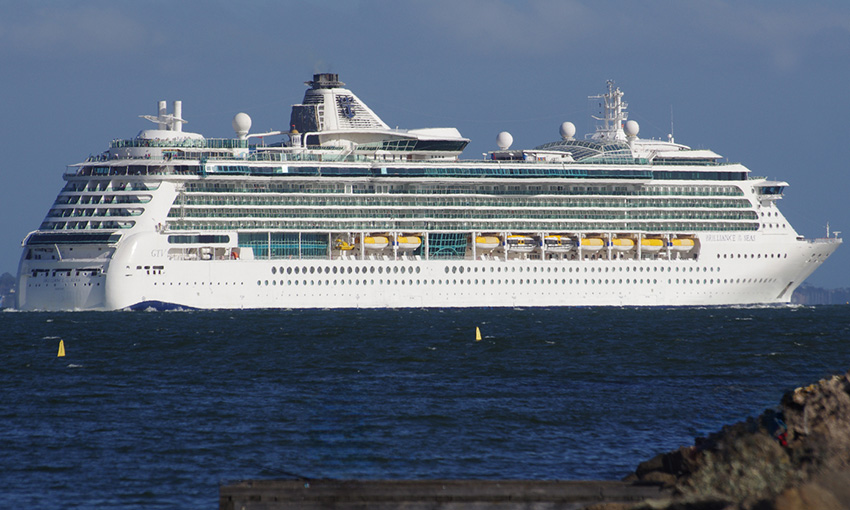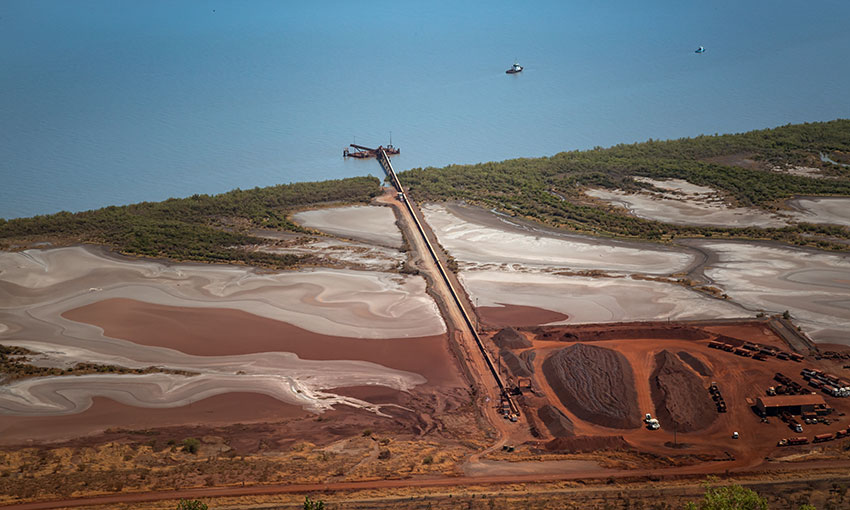PORTS North has released its first sustainability strategy, which it said outlines a clear path for the organisation to support environmental stewardship and community partnership throughout far-north Queensland.
The strategy establishes goals and sets actions across four key pillars: people, planet, partnerships and prosperity.
The Ports North Sustainability Strategy is a formalisation of an approach to sustainability. It aligns the port authority with a global trend towards broad sustainability thinking and innovation, embedding sustainability initiatives across all areas of strategy and operations.
Ports North used the United Nations’ Sustainable Development Goals to guide its strategy. However, the strategy has a distinct Far North Queensland flavour.
Ports North CEO Chris Boland said operating at the intersection of two World Heritage-listed sites like the Great Barrier Reef and the Daintree Rainforest, protection of the environment and cultural heritage has long been paramount.
“I’m immensely proud that our inaugural sustainability strategy recognises our existing achievements while incorporating ideas and feedback from more than 100 port customers, employees, local industry representatives and community members to determine future priorities,” Mr Boland said.
He said Ports North is unique, just as the region in which it operates is unique.
“Our diverse role in tourism, property, defence, marine pilotage and community supply services, alongside our responsibilities as a trade enabler of bulk, project and general cargo, means we are ideally placed to bring together multiple parties and lead sustainability initiatives,” Mr Boland said.
Ports North chair Russell Beer highlighted the importance of the Ports North network to remote and rural communities from Mourilyan to Burketown.
“From our major hub at the Port of Cairns, our network of nine ports in far-north Queensland is essential to economic development and community connection in the region. We facilitate global supply chains, but we also provide invaluable local services,” Mr Beer said.
“Our ports make it possible for residents in remote areas including Cape York, Gulf of Carpentaria or Torres Strait Islands to receive critical items such as household goods, food supplies, fuel, construction materials and cars.”





